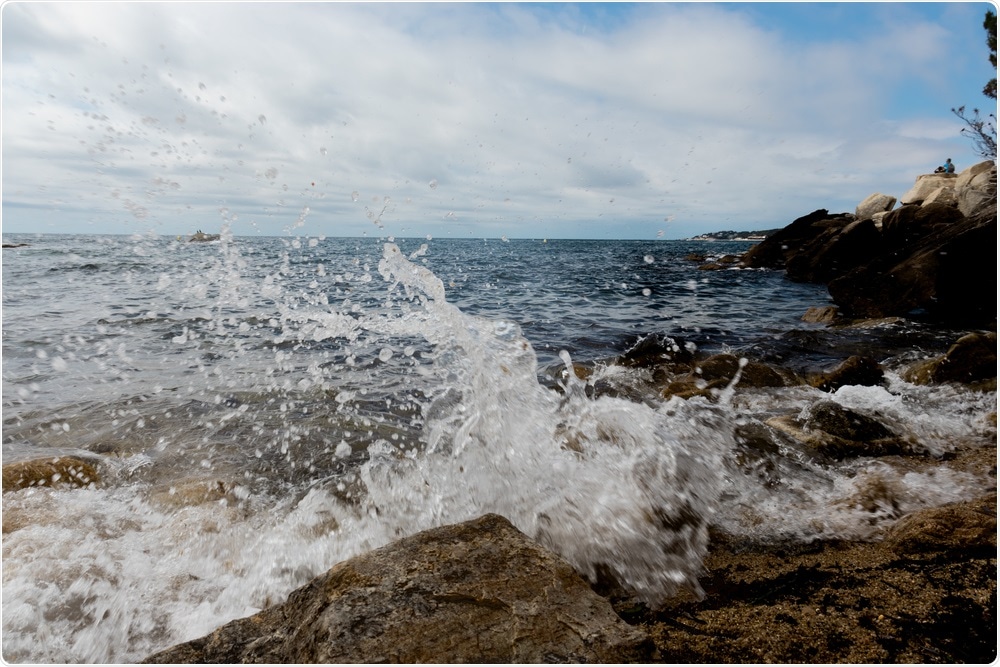Acidification of seawater poses a significant hazard to both calcifying and non-calcifying marine species, primarily impacting the immune system and biomineralization, as well as the acid-base regulation system.

Image Credit: Wirestock Creators/Shutterstock.com
Previous research has indicated that acidification of seawater may influence the solubility, adsorption, and toxicity of metals to marine creatures, with the physical and chemical forms of the metals playing a major role.
Recently, Wenting Cui from the research team headed by Prof. Shuozeng Dou at the Institute of Oceanology of the Chinese Academy of Sciences (IOCAS) examined cadmium’s (Cd) toxicological effects on the immune response and biomineralization of larval flounder Paralichthys olivaceus under acidification of seawater.
The paper was published in the journal Chemosphere.
The activities, contents, and expressions of immune system-related enzymes, proteins, and genes were significantly impacted by single seawater acidification, single Cd exposure, and combination exposure, according to the studies.
Single seawater acidification and single Cd exposure hindered lysozyme (LZM) activity, and lzm expression was downregulated with Cd exposure, indicating innate immunosuppression. Seawater acidification or Cd exposure increased the levels of immunoglobulin M(IgM), metallothionein (MT), and heat shock 70 (HSP70).
Furthermore, when exposed to Cd, the expressions of hsp70 and mt were both increased at the same time, indicating a detoxifying process that was activated in response to the stressors.
Carbonic anhydrase (CA), Na+ / K+ -ATPase, and Ca2+ -ATPase activities were enhanced by single seawater acidification and single Cd exposure, suggesting a possible mechanism in response to alterations in acid-base balance generated by the stressors.
The immunological and biomineralization responses of the flounder were shown to be more responsive to Cd exposure than to seawater acidification in this investigation. Seawater acidification may increase the toxicological effects of Cd exposure on the two physiological activities, whereas high Cd exposure may enhance their responses to seawater acidification.
Source:
Journal reference:
Cui, W., et al. (2021) Toxicological effects of cadmium on the immune response and biomineralization of larval flounder Paralichthys olivaceus under seawater acidification. Chemosphere. doi.org/10.1016/j.chemosphere.2021.132919